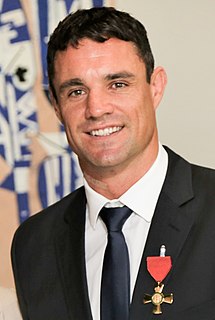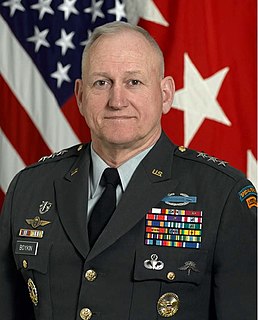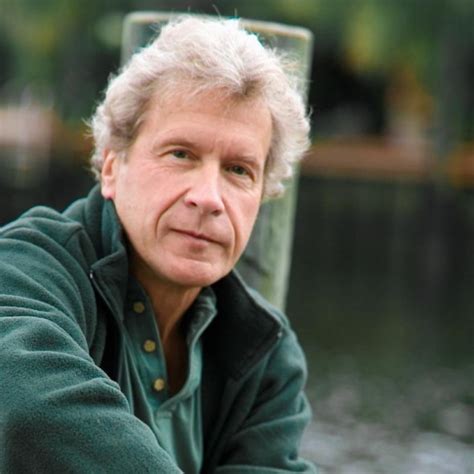A Quote by Dan Carter
In his study of Atlanta over the last 60 years, Kevin Kruse convincingly describes the critical connections between race, Sun Belt suburbanization, the rise of the new Republican majority. White Flight is a powerful and compelling book that should be read by anyone interested in modern American politics and post-World War II urban history.
Quote Topics
American
American Politics
Anyone
Atlanta
Belt
Between
Book
Compelling
Connections
Critical
Flight
His
History
Interested
Kevin
Last
Majority
Modern
Modern America
New
Over
Politics
Post
Powerful
Race
Read
Republican
Rise
Should
Study
Suburbanization
Sun
Urban
War
White
World
World War
World War I
World War II
Years
Related Quotes
Kevin Freeman has been warning America’s leadership of the dangers of financial terrorism for the last three years. It is happening now and Kevin provides the evidence in his book Secret Weapon. Every American needs to understand how our financial markets have been manipulated by people who want to destroy the nation and how they can do even greater damage in the future. This book is a critical read for everyone.
I re-read The History of White People by Nell Irvin Painter. It's a book every one should read, particularly Americans, as the USA is her primary focus. Her book demonstrates that white is not universal, that white is not neutral, that it has a history, which she eloquently delineates. It's not often you finish a book understanding how the world operates better than before you read it.
We have to recognize that the reason that the global order that we've enjoyed and almost take for granted over the last several years exists is that after World War II, the United States and its allies tried to build an antidote to what they had seen between World War I and World War II. There, they'd seen protectionism, beggar-thy-neighbor trading policies, so they said, we'll build an open international economy. And they did that.
Obama is not just a powerful speaker, but a thinker engaged with the ideas of his country and his age--this argument by historian James Kloppenberg should therefore fascinate anyone interested in American politics or how ideas shape public life. Tracing the influences of Obama's family, educational, and work experiences on his ideas, Reading Obama locates a unique individual in the crosscurrents of American democracy and continuing fights over American ideals.
However, there is a fundamental difference between the issue related to Japan's history and our negotiations with China. What is it all about? The Japanese issue resulted from World War II and is stipulated in the international instruments on the outcomes of World War II, while our discussions on border issues with our Chinese counterparts have nothing to do with World War II or any other military conflicts. This is the first, or rather, I should say, the second point.
Moskin has brought together with care and lucidity an inside history of American diplomacy written through the eyes of the many diplomats who conceived and carried it out over 225 years. You experience the challenges, successes, and foibles. Over time, the Foreign Service evolved into a professional cadre serving the public and presidents, often at the peril of their lives. Anyone interested in understanding our diplomacy, what makes it tick, and how it strives to serve the public interest should read this masterful history.
I think war and armed conflict is always the last of all the options you have on the table. I think you try to avoid that at all costs. Sometimes it's unavoidable. That's the lesson of World War II. I think the other lesson of the last 50 or 60 years, however, is that, the stronger the U.S. military, the stronger our defense capabilities, the stronger the chances for peace are.
History of America, Part I (1776-1966): Declaration of Independence, Constitutional Convention, Louisiana Purchase, Civil War, Reconstruction, World War I, Great Depression, New Deal, World War II, TV, Cold war, civil-rights movement, Vietnam. History of America, Part II (1967-present): the Super Bowl era. The Super Bowl has become Main Street’s Mardi Gras.
I'm unhappy with the President Trump. I don't like his behavior, and I'm a Republican, and I don't like his policies because they're almost the antithesis of the American character of generosity, of charity, of welcoming, of helping, of taking risks. You think of the lives that were expended in World War I and World War II to help others, and they say now we'll draw up the bridge and we'll protect ourselves. We won't have a broader role in humanity.
































